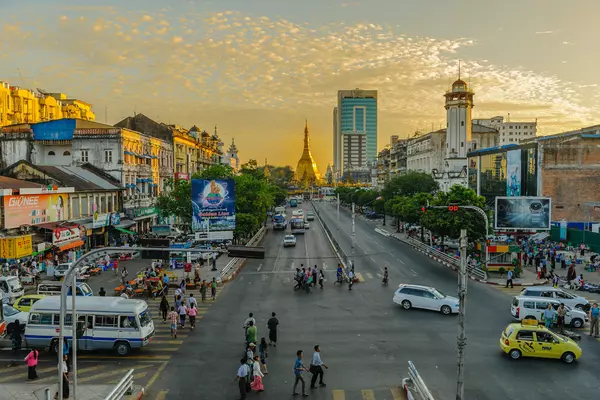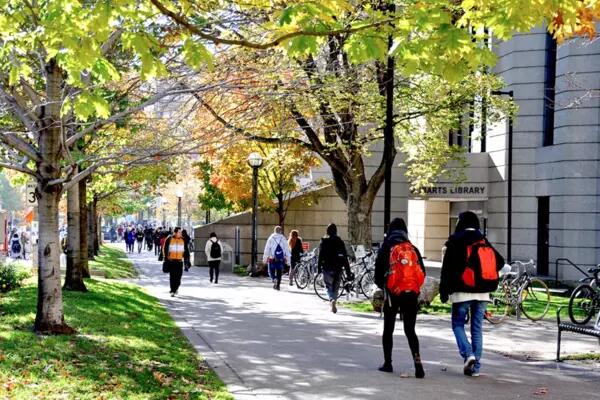
Welcome to the Myanmar Policy and Community Knowledge (MyPACK) Hub
MyPACK is a Canada-based Research Hub dedicated to providing policy-makers with innovative solutions to the Myanmar crisis using insights from an entrenched network of on-the-ground researchers, practitioners, pro-democracy revolutionary organizations, and diaspora around the world.
MyPACK is housed at the Asian Institute, Munk School of Global Affairs & Public Policy. It is supported by a grant from the International Development Research Centre (IDRC) as part of the Knowledge for Democracy-Myanmar (K4DM) project.








